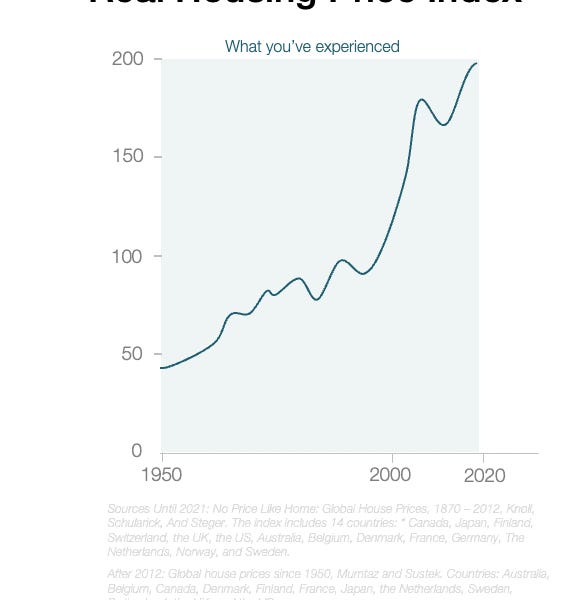
A drug that increases dopamine can reverse the effects of inflammation on the brain in depression, Emory study shows
An Emory University study published in Nature’s Molecular Psychiatry shows levodopa, a drug that increases dopamine in the brain, has potential to reverse the effects of inflammation on brain reward circuitry, ultimately improving symptons of depression.
Numerous labs across the world have shown that inflammation causes reduced motivation and anhedonia, a core symptom of depression, by affecting the brain’s reward pathways.
Past research conducted by the Department of Psychiatry and Behavioral Sciences at Emory University School of Medicine has linked the effects of inflammation on the brain to decreased release of dopamine, a chemical neurotransmitter that regulates motivation and motor activity, in the ventral striatum.
In the Nature study, researchers demonstrated that levodopa reversed the effects of inflammation on the brain’s functional connectivity in reward circuitry and anhedonia (inability to feel pleasure) in depressed individuals with higher C-reactive protein (CRP), a blood biomarker produced and released by the liver in response to inflammation.
Levels of inflammation can be easily measured by simple blood tests, like CRP, readily available in clinics and hospitals throughout the U.S.
Leave a Comment
Related Posts


















